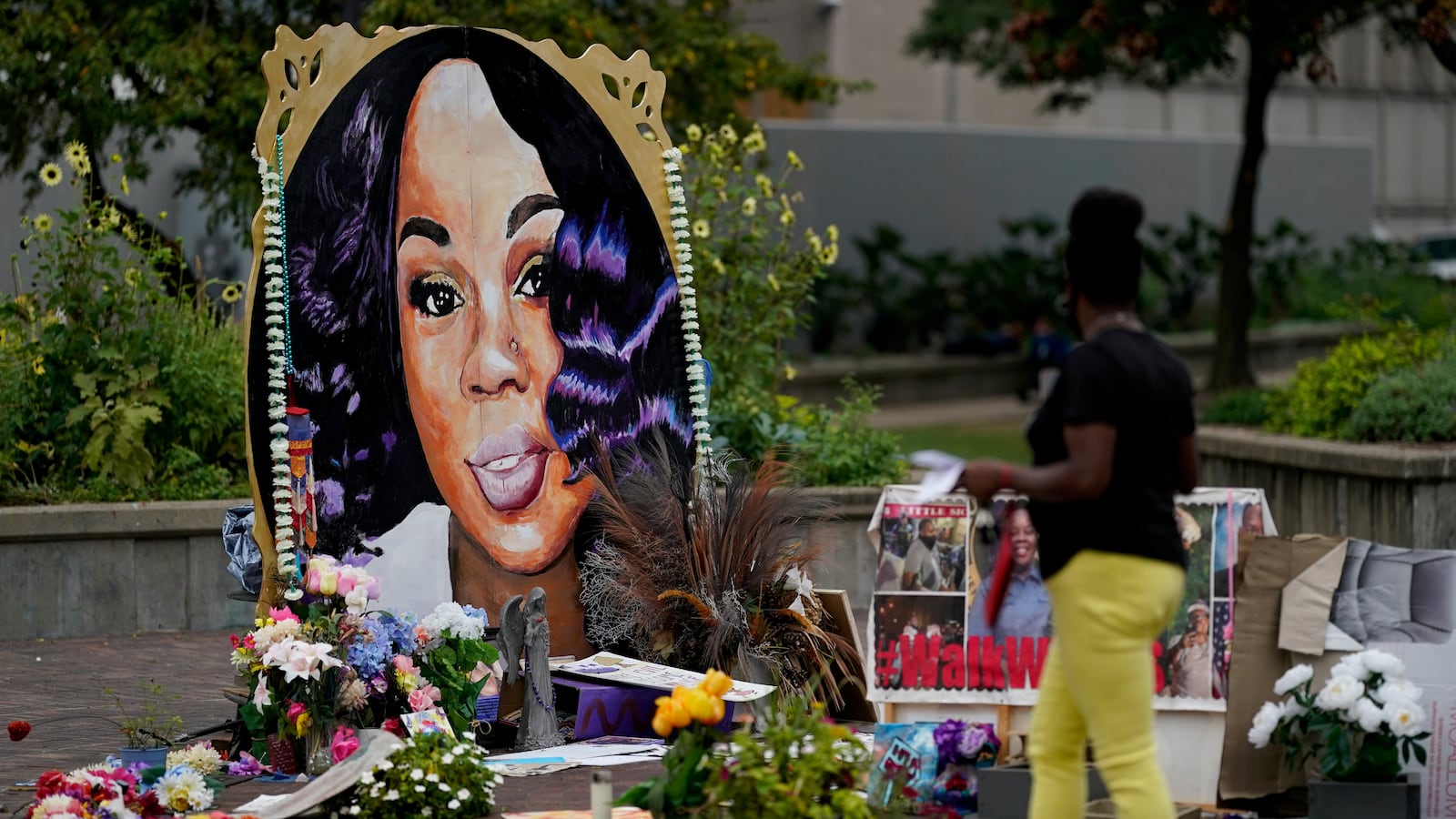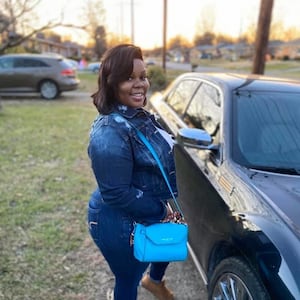When a Louisville grand jury chose not to charge any of the police officers involved in the killing of Breonna Taylor for their role in killing a 26-year-old Black woman, it was confirmation that, to many, my life as a Black woman does not matter. And as a native Kentuckian, that shattered me.
I spent my early years and every summer in Southeastern Kentucky. As I grew up and moved around, I was made fun of for my “country accent” that eventually faded as I got older. But jokes never ended about my “country” upbringing and whatever myths people chose to believe about a state that they never traveled to. I was mocked because people didn’t know that there were “any Black people in Kentucky,” and would proceed to ask me questions about how racist it was. I’ve always held pride in my Appalachian heritage and said that it was like any other place in America.
As I’ve returned as an adult to visit family, it’s changed my recollection and understanding of the landmarks of my childhood. My parents tell me their personal stories of dealing with race: My dad was only allowed to sit in the backseat of a cab after being picked up from work, and my mom was instructed in elementary school to sing the original words of “My Old Kentucky Home.” There are many more Confederate flags than I’d remembered.
As Black people, we’re supposed to act as if those things aren’t there, pretend like they don’t bother us. But they’re constant reminders of our place in an Antebellum past, markers of inferiority on a racial totem pole. And it’s even harder considering people who I once considered lifelong friends end up being the same ones with those flags waving them proudly from their front porches or supporting a president who promises to bring back the good old days, days when Black people were definitely separate and hardly equal.
But this is not just a Kentucky issue. It’s an American issue.
The unjust death of Breonna Taylor was already exhausting. Louisville police officers entered her apartment on a “no-knock” warrant, without announcing themselves according to the accounts of many ear witnesses. Taylor’s boyfriend defended the home by shooting at the intruders, the cops shot back, and Taylor was fatally shot while lying in her own bed defenseless. On top of it all, the person the police were seeking didn’t even live in the apartment and had actually already been arrested on the other side of town. It took six months, waves of protests, celebrity outrage, and a national outcry before a grand jury was even convened.
But on Wednesday, that grand jury chose not to charge any of the police officers for their role in Taylor’s killing. One of the police officers, Brett Hankison, was charged with three counts of wanton endangerment in the first degree for firing wildly and thus putting at risk three white neighbors of Taylor, Cody Etherton, pregnant Chelsey Napper, and Napper’s unborn child.
Taylor’s case struck a slightly different chord with me that countless other cases involving Black Americans brutalized and killed by police officers in part because it was close to home and there were probably just a few degrees of separation between Taylor and me. We could’ve gone to the same places and seen the same things. We may have passed one another while I was home visiting my family. I could have met her if she was friends with one of my younger cousins. Maybe she was a part of one of my aunt’s community programs, maybe she went to the same church as someone I knew.
I always thought Louisville was more diverse than many other places in Kentucky, despite its being segregated and impoverished areas even after I’d seen a woman refuse to serve my brother in a restaurant there because of his darker complexion. But much of Louisville still seemed progressive and accepting—a bigger city with plenty to do, but still a place with the rolling bluegrass pastures and mountains in the distance.
That duality is what Black people have to live with constantly. How can we feel at home in a city while knowing that we’re not fully protected? We see the beauty in life as an American but are forced to witness and experience racist abuse like an outcast, like an illegitimate child.
The killing of Breonna Taylor, and a grand jury’s decision that no crime was committed in the course of killing her, should resonate with all of us. This is not a flaw in Kentucky’s justice system. This is an issue that America has with Black people. Loopholes have been created to justify why we’re criminals even if no crime was committed, settlements and payments are made to try and pacify us within a system that is not going to fundamentally change. No matter the reasoning we’re given, we are always the issue.
If we protest, we’re arrested. We do nothing, nothing changes.
There are no specific areas in this country where racism happens. America is going to be America and practice what America has known since its inception, unless we can collectively change it. But until other citizens no longer see Black people as the perpetual antagonists or others of this country’s history, I don’t know how that could happen.







